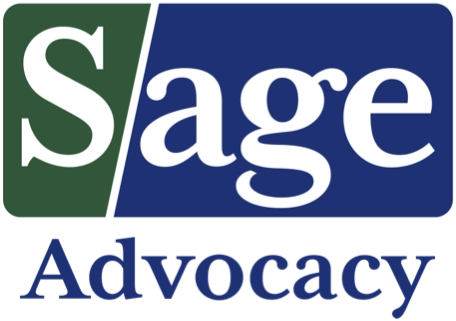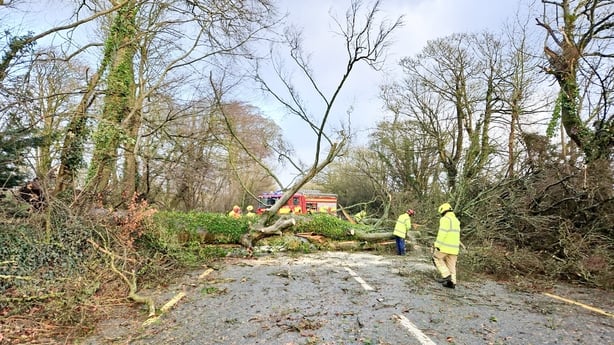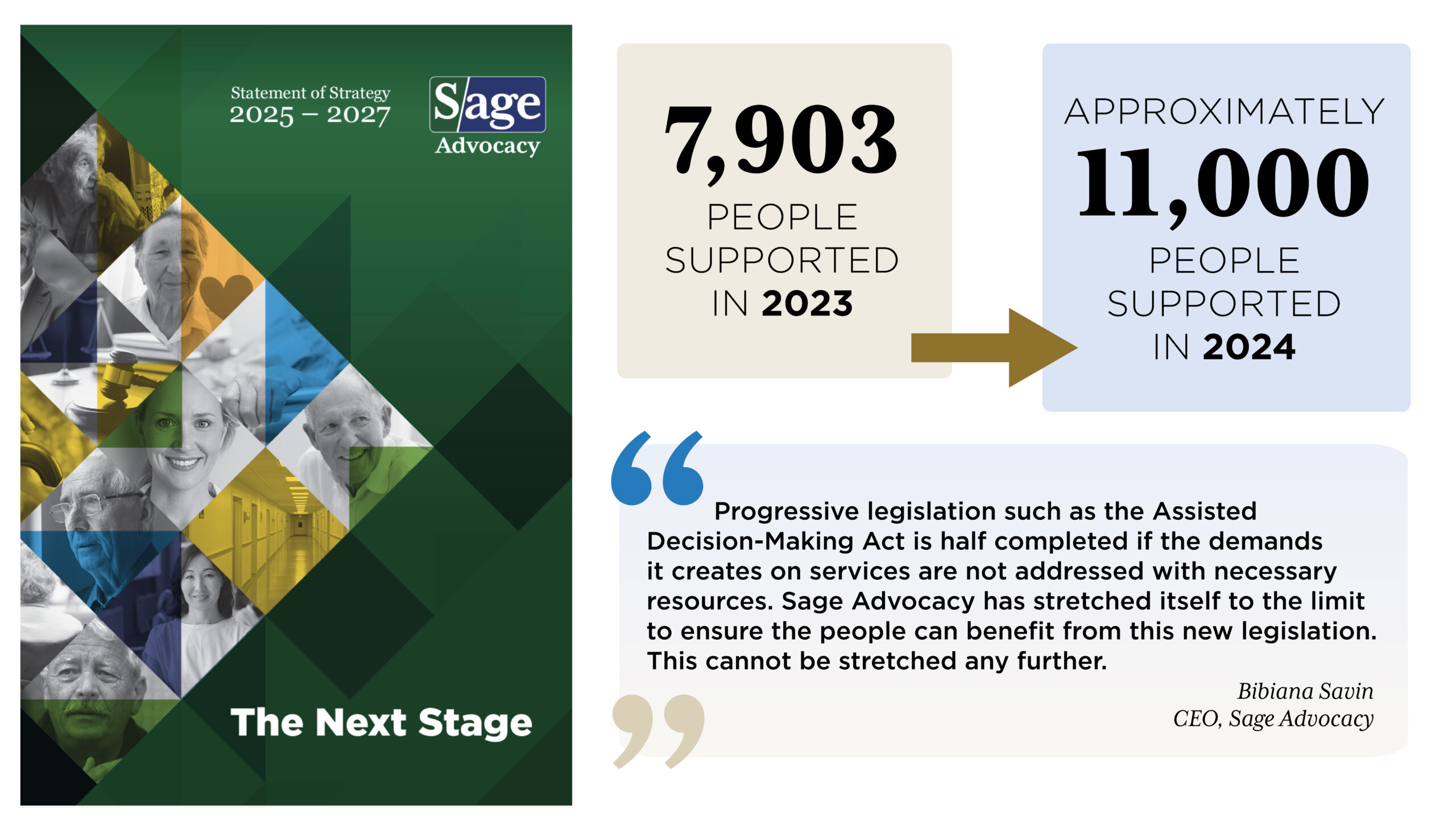Principles and details of new decision-making laws being ignored
New legislation facing challenge of old attitudes
The commencement of the Assisted Decision Making (Capacity) legislation at the end of April strengthens the rights of vulnerable adults and older people – but the legislation and its guiding principles are not widely understood and in some cases are being resisted by health and social care professionals and legal practitioners – according to Sage Advocacy.
Sage Advocacy CEO Mervyn Taylor said: “One of the Guiding Principles of the new legislation is that the least restrictive approach should be taken in any situation. However, what we have been seeing in the last few months are continuing efforts to apply the old Wards of Court system and go for the most restrictive approach possible.
“Another Guiding Principle is that the voice of the ‘relevant person’ should be heard and their will and preference with regard to a particular situation requiring a decision should be sought. In spite of this, the old ‘best interests’ approach is still very much in evidence and Sage Advocacy is aware of situations where families of older people with a degree of cognitive impairment have been told that there is a need for the courts to make a decision-making representation order and appoint a Decision Making Representative where the individuals concerned could, with support (as provided for in the legislation), make the decision themselves without the need for costly intervention through the courts.”
The unnecessary use of legal intervention through the courts is just one issue according to Sage Advocacy which is the National Advocacy Service for Older People and supported almost 5,000 people in 2022; frequently with decisions about place of care and control of finances and assets.
Mr Taylor highlighted many further issues: “We are seeing people trying to use the Circuit Courts to take control of all decision making responsibility for older people who may be vulnerable when the legislation is clear that supports and interventions in decision making should be issue specific rather than all encompassing.
“While we can acknowledge that it will take time for any new legislation to settle in and that public services can be slow to adapt to changing circumstances, it is clear that some families are being advised by professionals that the Circuit Court is the starting point for addressing issues about decision-making rather than the end point of a proportionate process of supports including Decision Making Assistant and Co-Decision Maker.
“Even in cases where it is likely that a Decision Making Representative may need to be appointed by the Circuit Court, there is still a need for a person’s will and preference (their wishes) to be independently ascertained. Independent Advocates are independent of family, service provider and systems interests and they can and are increasingly playing an important role in the implementation of this legislation.”
Appealing for greater coordination and a spirit of partnership between key stakeholders such as the HSE, Legal Aid Board, Decision Support Service and the Courts Service Sage Advocacy Mr. Taylor pointed to the need for representation of advocacy service providers at any Forum established to promote coordination.
“Sage Advocacy has the experience on the ground to ensure that the voices of older people are heard but we also need mechanisms through which the learning from our work can contribute to an ongoing process of service and systems improvement.”
Pointing to specific issues Sage Advocacy referred to:
- Lack of awareness of the Guiding Principles of the legislation which can lead to unnecessary and costly legal interventions where none are needed or unnecessary delays with court proceedings and, specifically, the need to avoid unnecessary applications to the courts for the appointment of a Decision-Making Representative if a relevant person has the capacity to enter into a Co-Decision-Making Agreement to make the specific decision/s in question even if that requires support to do so.
- The need for the voice of the person to be heard in court – Section 139 of the 2015 Act provides that an application to the court shall be heard in the presence of the relevant person and goes on to provide examples of the exceptional circumstance where this is not possible. The courts are equipped to have the person present by video link if this arrangement is possible.
- The need for specific training for medical and social care professionals regarding how to assess the capacity of a person whose decision-making capacity in relation to a specific issue is in question and the need for Statements of Capacity to be based on a functional assessment. The legislation provides that the assessment of capacity is issue / decision specific so it is necessary that any application to the court clarifies what decisions need to be made.
- The right of a person to have access to an independent advocate to assist and support them to voice their will and preferences even where the relevant person has independent legal representation. Independent Advocates do not give legal advice or provide legal representation. If a relevant person lacks capacity, an independent advocate may act on a non-instructed basis.
- The need for education and training for legal professionals including Legal Aid Board solicitors and judges who need support in ensuring the voice of the older person is heard and not just those of the family and clinicians.
- The need for Nursing Home Support Scheme application forms requiring change with clear guidance about HSE requirements to fund care.
- The need for HIQA and the Decision Support Service needing to develop a code of practice relating to contracts for care in nursing homes where an older person lacks the necessary decision making capacity to sign.
- The need for ongoing public awareness initiatives by the Decision Support Service to educate the public regarding the new legislation and the various Codes of Practice and how members of the public can plan ahead to make sure their wishes can be made known to family and health and social care providers in the event of an emergency.
- The introduction in Budget 2023 of a system of incentives to encourage people to think and plan ahead and to utilise opportunities such as the Think Ahead resource developed through the Hospice friendly Hospitals Programme, Enduring Power of Attorney and Advance Healthcare Directives, which provided for a persons will and preference with regard to place of care.
- The need for specific legislation to protect the personal liberty of people detained in congregated care settings such as nursing homes and hospitals.
Further Information
Ronan Cavanagh, Cavanagh Communications: 086 317 9731 / ronan@cavanaghcommunications.ie
About Sage Advocacy
Sage Advocacy is the National Advocacy Service for Older People and is publicly funded through the HSE. It also supports vulnerable adults and healthcare patients in certain situations where no other service is able to assist.
Sage provided information, support and advocacy services to almost 5,000 people in 2022 and our work on behalf of clients is independent of family, service provider or systems interests. Our team of experienced advocates is available right across the Republic of Ireland in all settings: homes, day centres, respite facilities, congregated care settings/nursing homes, hospitals, hostels, hospices and in the process of transition between them. Our services are free of charge and confidential.
Sage Advocacy ensures that a person’s voice is heard, that their wishes are taken into account and that they are assisted, in whatever ways necessary, to be involved in decisions that affect them. The motto of Sage Advocacy is ‘Nothing about you / without you’. www.sageadvocacy.ie



